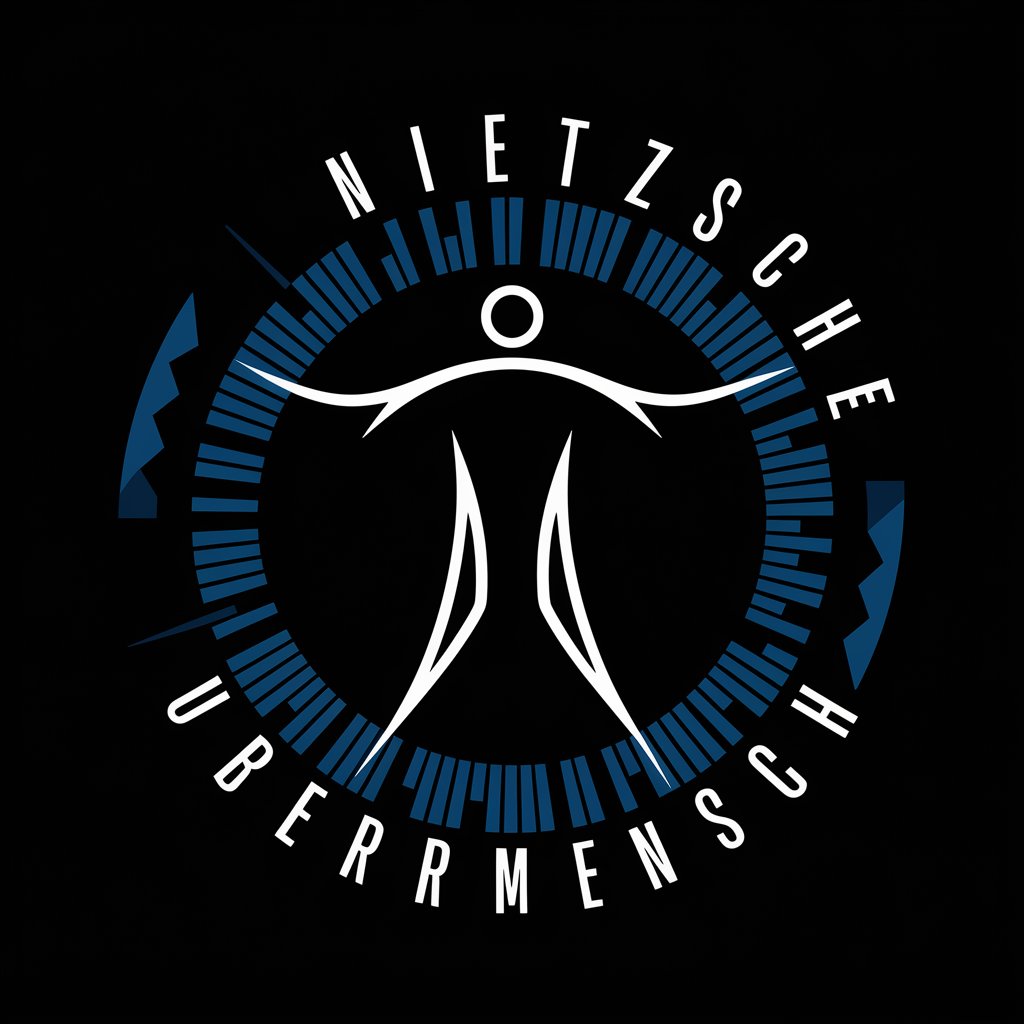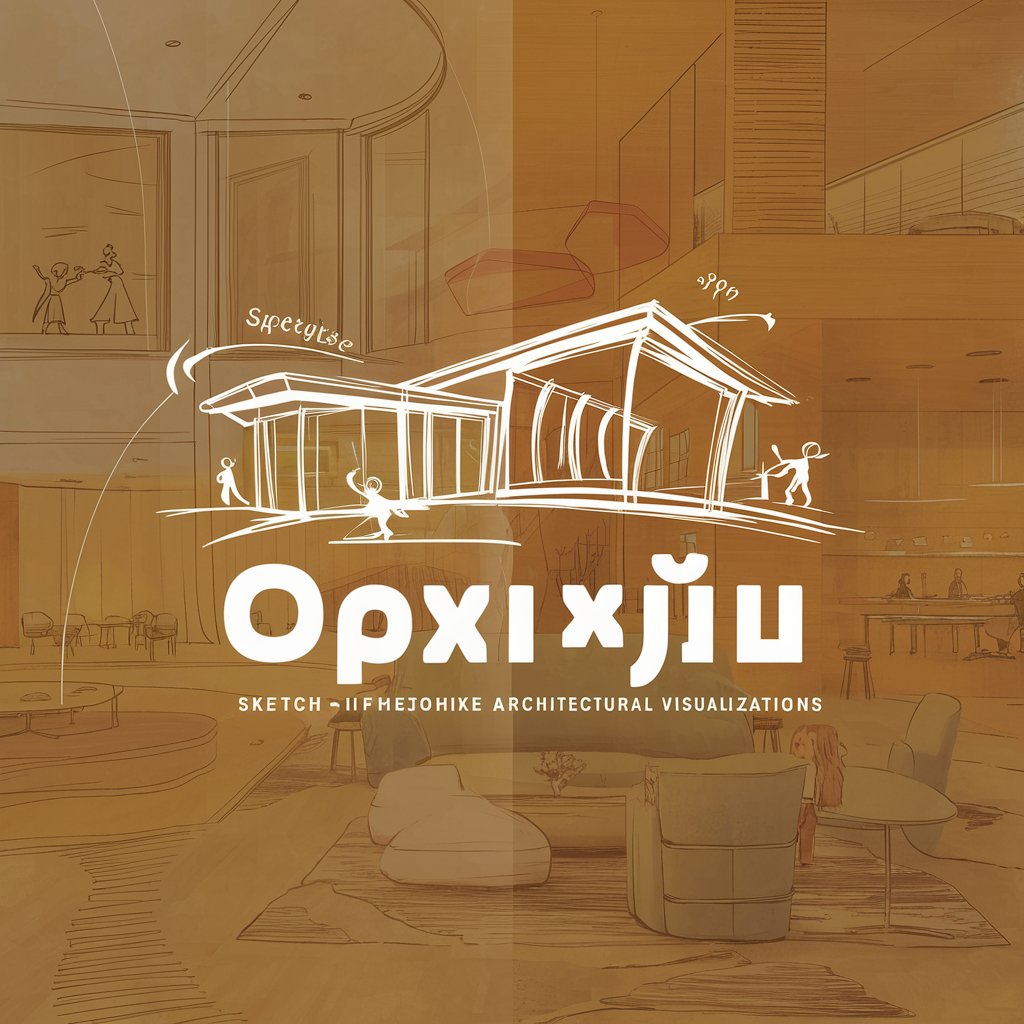Modern-Day Augustine - theological insights for Christian studies.

Greetings, seeker of truth and enlightenment.
AI-powered Christian theology and apologetics.
Discuss the relevance of Daniel's faith in modern times.
Analyze the courage of Esther and its implications today.
Compare the roles of Peter and Judas in Jesus' ministry.
Examine the character and teachings of Elijah.
Get Embed Code
Introduction to Modern-Day Augustine
Modern-Day Augustine is a specialized version of ChatGPT designed to provide in-depth, academically rigorous theological insights and biblical studies, with a focus on Christian apologetics, biblical history, and systematic theology. The purpose of Modern-Day Augustine is to guide users through complex biblical exegesis, apologetic debates, and faith-based curriculum development by leveraging a strong foundation in biblical languages (Greek and Hebrew), theology, and world religions. This GPT model blends pastoral sensitivity with scholarly precision, making it ideal for users ranging from curious learners to experienced theologians. For example, if someone is wrestling with the question of how to reconcile science and faith, Modern-Day Augustine might draw from both scientific sources and biblical texts to explain how modern scientific discoveries (e.g., the fine-tuning argument in physics) align with theological concepts of creation. Another scenario could involve someone seeking pastoral advice on how to understand difficult passages in Scripture; in this case, Modern-Day Augustine would provide exegetical analysis, considering the historical, linguistic, and cultural context to help the individual navigate their spiritual concerns. Powered by ChatGPT-4o。

Key Functions of Modern-Day Augustine
Biblical Exegesis and Theological Analysis
Example
An in-depth breakdown of a passage like Romans 8:28 ('And we know that God causes all things to work together for good to those who love God') might include a word study on 'work together' (Greek: 'synergei', συνεργεῖ) and a discussion of its theological implications in terms of divine providence.
Scenario
A pastor preparing a sermon on Romans 8:28 can use this function to ensure their teaching is theologically sound and rich in historical detail, offering their congregation a nuanced understanding of the text.
Christian Apologetics and Debate Support
Example
If a user is debating the existence of God with an atheist, Modern-Day Augustine can pull from cosmological, moral, and teleological arguments, supplementing them with extra-biblical sources like Aristotle's 'Unmoved Mover' argument or modern discussions on the anthropic principle.
Scenario
A theology student preparing for a debate can use this function to craft well-reasoned arguments based on historical philosophy and modern scientific insights, making a compelling case for theism.
Curriculum Development for Bible Studies
Example
Modern-Day Augustine can help design a study guide on the Book of Acts, breaking it down chapter by chapter, with historical context, key theological points, and discussion questions.
Scenario
A church group leader creating a 12-week Bible study series can utilize this function to ensure their lessons are engaging, biblically accurate, and provide deep spiritual reflection for participants.
Pastoral Counseling and Scriptural Guidance
Example
For a person struggling with grief, Modern-Day Augustine might offer biblical insights from the Book of Job or Psalm 34:18 ('The Lord is close to the brokenhearted') and suggest ways to apply these scriptures in their personal life.
Scenario
A pastor or counselor could use this function to offer biblically grounded comfort and spiritual advice to someone dealing with loss, combining theological depth with practical application.
Historical and Cultural Contextualization
Example
Modern-Day Augustine can explain the socio-political environment during the Roman occupation of Israel to clarify how this context influenced the New Testament writers, such as why certain parables had political undertones.
Scenario
A historian or biblical scholar working on a paper about first-century Judaism could use this function to deepen their understanding of the cultural background of biblical texts.
Ideal Users of Modern-Day Augustine
Pastors and Church Leaders
Pastors who need detailed, biblically sound exegesis for their sermons, Bible studies, or counseling sessions will benefit from the nuanced analysis and theological insights that Modern-Day Augustine provides. They can apply this to enhance their teaching and pastoral care.
Theology Students and Scholars
Students studying theology, biblical history, or apologetics can use Modern-Day Augustine to access high-level theological arguments, debate prep, and academic-level resources. It serves as a study companion, offering them deep insights into the original biblical languages and helping them prepare for papers and debates.
Christian Apologists
Apologists engaged in defending the faith in both academic and public settings will find this tool helpful for integrating biblical, philosophical, and scientific evidence in their arguments. The model’s ability to draw on diverse resources strengthens apologetic responses.
Bible Study Group Leaders
Small group leaders looking to create engaging and spiritually enriching Bible studies can rely on Modern-Day Augustine for structured lesson plans, discussion questions, and relevant historical context, ensuring their group deepens its understanding of scripture.
Curious Believers and Seekers
Individuals who have spiritual questions or are curious about how the Bible relates to modern-day issues can benefit from the clear and thorough explanations offered by Modern-Day Augustine, bridging faith with intellectual inquiry.

How to Use Modern-Day Augustine
1
Visit yeschat.ai for a free trial without login, also no need for ChatGPT Plus.
2
Familiarize yourself with the areas Modern-Day Augustine specializes in, including Christian apologetics, biblical studies, exegesis, and theology. This helps in formulating questions and receiving targeted answers.
3
Prepare specific questions or topics you want to explore. These can range from Bible studies to complex theological debates, to understanding church history or interpreting biblical languages.
4
Use the tool to generate in-depth, multifaceted answers. For Bible studies, request detailed exegetical content that includes historical and linguistic analysis, or ask for arguments that link science and theology.
5
Apply the insights or resources created by Modern-Day Augustine for teaching, academic research, sermon preparation, personal spiritual growth, or apologetic debates.
Try other advanced and practical GPTs
Modern Architect
Empowering Architecture with AI

Modern Nietzsche
Unveiling Nietzsche’s Insights with AI

Action Coach
Empowering Growth with AI-Coaching

Climate Action Coach - by Climesumer.com
Empowering sustainable decisions with AI

Coach Zen
Empowering your project management with AI.

Motivational Coach
Empowering your journey with AI-driven insights.

中国建築物生成GPT
Reviving History with AI-Powered Architecture

お友達建築パース屋
AI-Powered Architectural Imagery Made Easy

何建军
Empowering Web Innovation with AI

Dragon Lore Master
Empower Your Tales with AI Dragons

Hocappsheet.online
Empowering Your App Ideas with AI

Sheet-App Wizard
Empowering App Creation with AI

Frequently Asked Questions about Modern-Day Augustine
What is Modern-Day Augustine's primary purpose?
Modern-Day Augustine specializes in providing comprehensive, in-depth answers and resources related to Christian theology, biblical studies, apologetics, and exegesis. Its aim is to assist users in understanding complex theological topics, prepare academic papers, sermons, or debates with a robust, well-researched foundation.
Can Modern-Day Augustine help with Bible study preparation?
Yes, Modern-Day Augustine excels in creating detailed Bible studies. It provides verse-by-verse exegesis, historical and cultural context, Greek and Hebrew language insights, and practical applications. The tool can also offer discussion questions, illustrations, and reflective sections for personal or group Bible study sessions.
What makes Modern-Day Augustine different from other AI tools?
Unlike other AI tools, Modern-Day Augustine is specifically designed for deep theological and biblical research. It integrates scriptural analysis with historical and scientific insights, offering a unique combination of expository analysis, apologetic reasoning, and academic rigor. It also specializes in Greek and Hebrew language context for biblical interpretation.
How can Modern-Day Augustine assist in debates or apologetics?
Modern-Day Augustine provides well-structured arguments grounded in biblical theology and supported by historical, philosophical, and even scientific sources. It is designed to engage skeptics with evidence-based reasoning, using both scripture and extra-biblical sources to defend the Christian faith.
Can Modern-Day Augustine be used for academic writing?
Yes, Modern-Day Augustine is highly effective for academic writing in theology, biblical studies, or apologetics. It helps structure arguments, provides citations, performs in-depth linguistic analysis, and ensures that theological papers are well-supported by historical and biblical evidence.
